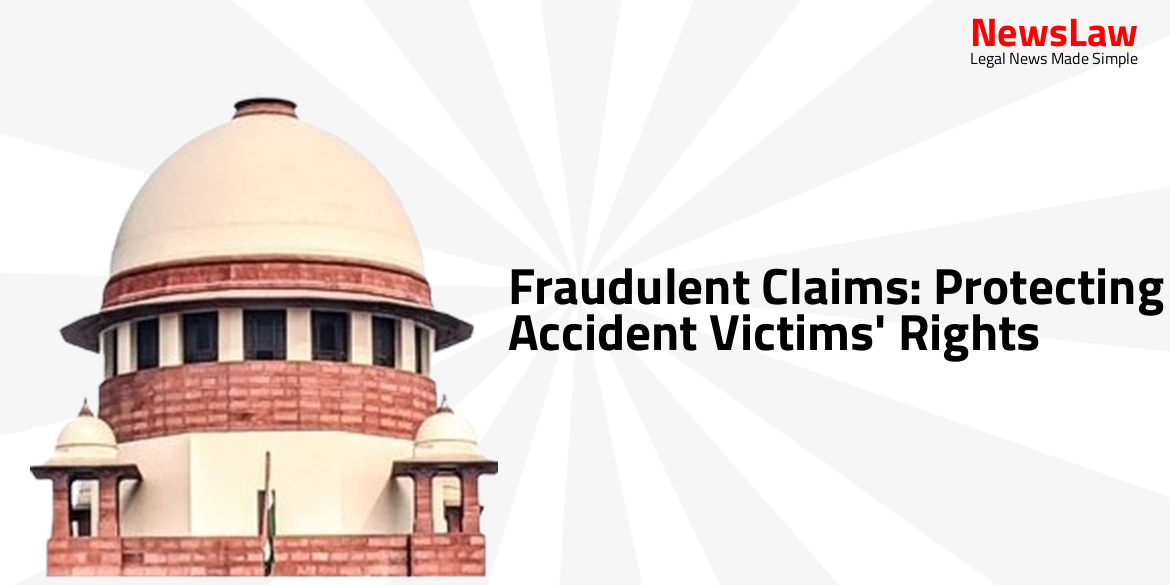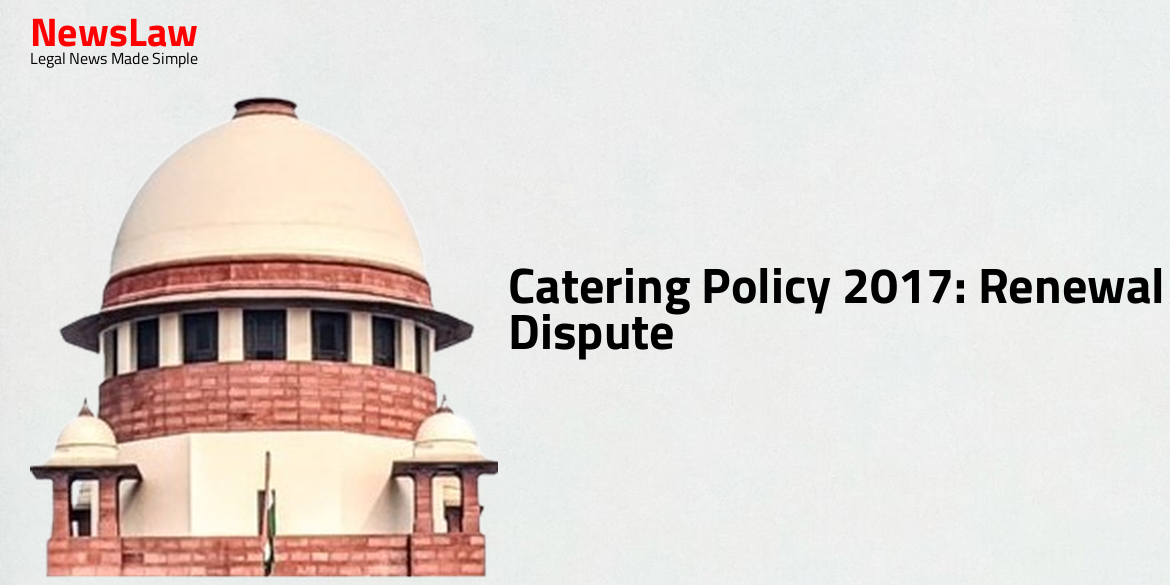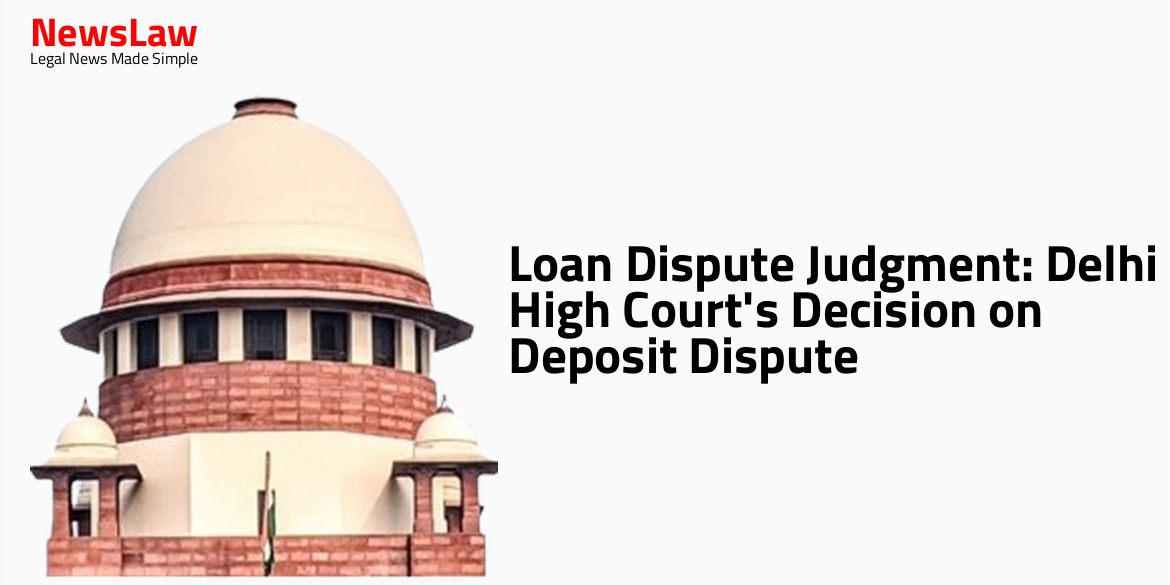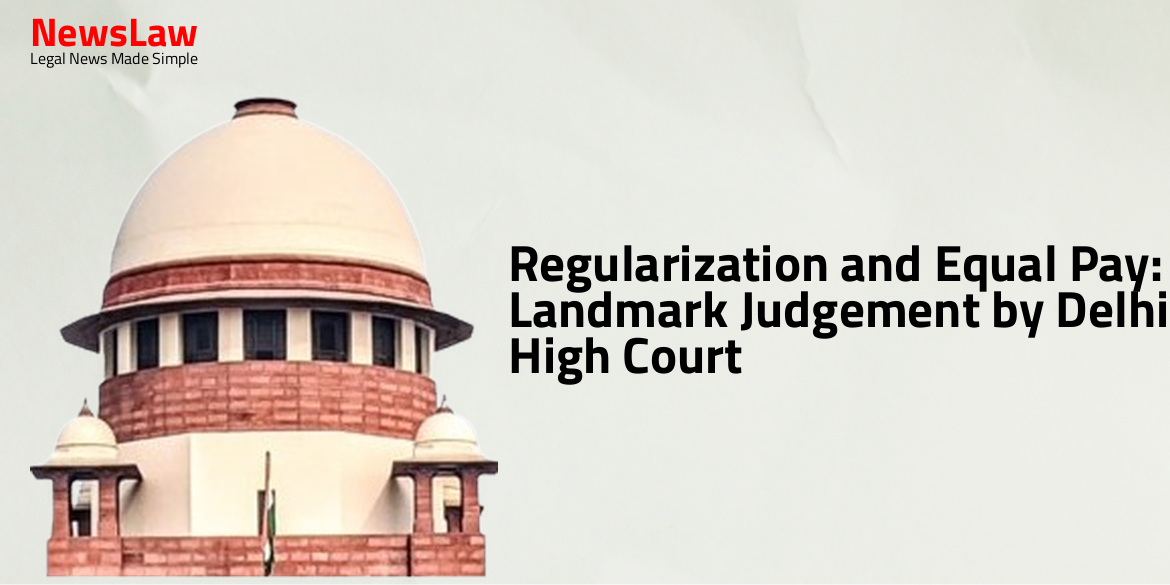In a recent judgment by the Delhi High Court, the focus was on safeguarding the rights of accident victims and deterring fraudulent claims under the Motor Vehicles Act. The court addressed concerns regarding fabricated cases and stressed the significance of thorough investigation and proper documentation. Measures were outlined to ensure transparency and adherence to legal procedures. Stay informed about the court’s efforts to expedite compensation processes and tackle fraud in accident compensation petitions.
Facts
- The accident took place on 13.07.2019 when Paramjit Singh was driving the bus recklessly.
- Passengers warned the driver to drive carefully, but he overtook another vehicle, causing the bus to overturn.
- An FIR was registered under Sections 279/304-A/337/338 IPC PS Thanesar Sadar, Kurukshetra.
- One passenger, Smt. Geeta Devi, died in the accident after the bus caught fire.
- The driver is from VPO Jhanjoti, Tehsil Ajnala, Amritsar; the owner is from Village Gurha Singh Chak Shaman, Jammu; and the insurance company is in Jammu.
- The claim petition was filed almost three years after the accident on 22.04.2022.
- The Supreme Court expressed concerns about fake claims under the Motor Vehicles Act, leading to the issuance of directions to prevent such fabricated cases.
Arguments
- Shri Atul Nanda and Shri Vishnu Mehra, representing the insurance companies, discussed the modus operandi of advocates filing fake cases under Motor Vehicles Act and Workmen Compensation Act.
- Various methods such as converting non-road accident injury-death into road accident claims, fraudulent implantation of vehicles, false implantation of drivers, claimant implantation, and multiple claims at different locations were highlighted.
- Instances of filing claim applications before multiple MACT Tribunals and authorities under the Employees Compensation Act for exaggerated compensation were pointed out.
- Issues such as fake/fabricated insurance policies and income/medical documents for exaggerated compensation were also raised.
Analysis
- The claim petition was filed after almost three years of the accident without essential documents like certified copy of the Final Report/Charge-Sheet and other relevant documents.
- The Court raised suspicions about the correctness of the version presented due to the lack of crucial documents like statements of witnesses, seizure memo of the bus, and mechanical inspection reports.
- The Judge emphasized the importance of following the provisions of the Motor Vehicles Act and highlighted the need for proper documentation and compliance.
- The Court dismissed the claim petition due to the incomplete record and lack of critical evidence.
- The Judge also mentioned the delay in filing the petition and the concealment of important information, indicating a lack of transparency and proper procedure.
- Overall, the Court expressed concerns about the handling of the case and emphasized the importance of thorough investigation and documentation in such matters.
- The State Governments and Union Territories must ensure that police officers comply with Section 158(6) of the Motor Vehicles Act, including requirements in Rule 150 and Form 54 of the Central Motor Vehicles Rules, 1989.
- Periodical checks by the Inspector General of Police should be conducted to verify compliance with the Act.
- Non-compliance with reporting accidents to Claims Tribunals and Insurance Companies within 24 hours should result in appropriate action against officials.
- Efforts must be made to prevent unscrupulous individuals from exploiting accident victims and their families for compensation.
- Amicus Curiae was requested to assist the Court in finding solutions to address issues related to compensation for accident victims.
- Strict implementation of the Act’s provisions can lead to quicker compensation for the victims and their families.
- Failure to comply with the Act should result in immediate action and accountability for the officials responsible.
- Legislative changes aim at reducing claim case pendency and expediting compensation determination processes.
- Reports of accidents must be forwarded to the Claims Tribunal and insurers within thirty days for timely processing of compensation claims.
- Court observations highlight the need to address fraud and fake claims in compensation petitions to prevent siphoning of insurance amounts.
- The police are responsible for notifying the victim or the family of the victim about the first date of hearing set by the Tribunal.
- Notification should be sent to the victim (injured) or the family of the victim (in case of death) as well as the driver, owner, and insurer of the vehicles involved.
- This notification is crucial for all parties involved to ensure their presence at the hearing and to be informed about the proceedings of the case.
- Each claimant stated on affidavit that they did not file any claim petition elsewhere.
- All claimants are permanent residents of Delhi, establishing jurisdiction in the learned Tribunal.
- Non-compliance of Section 158(6) of MV Act by Investigating Officer does not prejudice claimants’ pursuit of their claim petitions.
Decision
- The parties are directed to appear before the Tribunal on 03.06.2024 for further hearing.
- 11 revision petitions were considered in the case.
- The decision made in the year 2022 has been set aside.
- No opinion on the merits of the case has been expressed in this judgment.
- The applicants/petitioners must submit all relevant documents by the next date of hearing.
- The matter has been sent back to the Tribunal for a fresh hearing and trial in accordance with the law.
Case Title: PRIYA GUPTA Vs. PARAMJIT SINGH & ORS. (2024:DHC:3951)
Case Number: C.R.P.-160/2022



